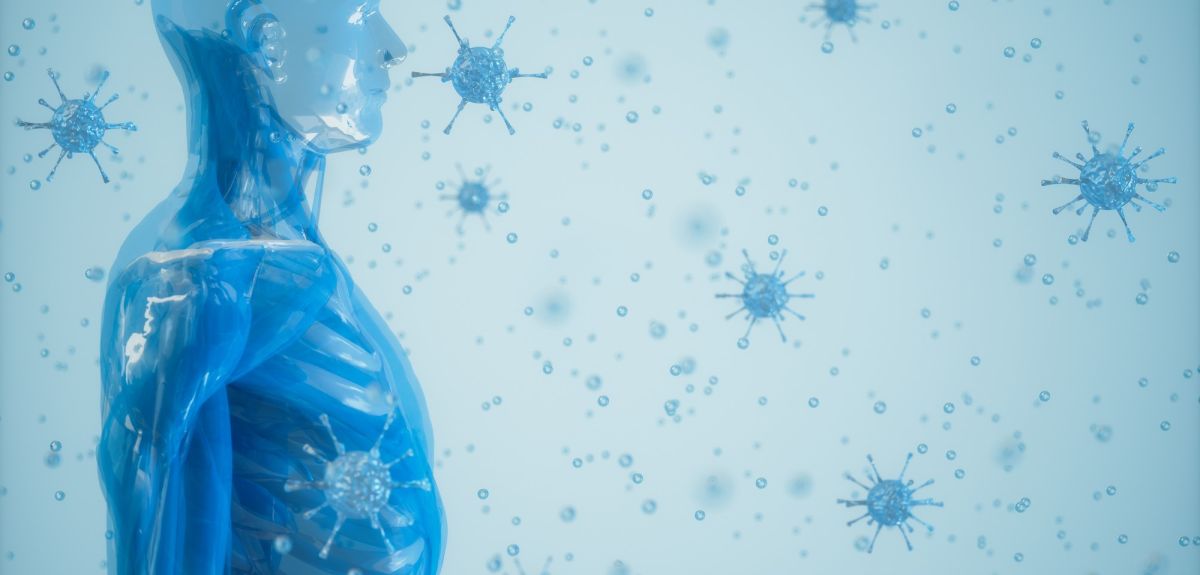
New trial to study how the human immune system adapts to ‘tolerate’ malaria parasites
Scientists at the University of Oxford and the University of Edinburgh have launched a pioneering study that examines how the immune system responds to repeated malaria infections. The BIO-004 study is being run in partnership between the Department of Biochemistry (Draper Lab, based in the Kavli Institute for Nanoscience Discovery), the University of Edinburgh (Spence Lab, Institute of Immunology and Infection Research) and the Oxford Vaccine Group (part of the Department of Paediatrics). BIO-004 will provide a unique insight into how the immune system adapts over the first few malaria infections of life, learning to tolerate malaria parasites and developing natural immunity to severe illness.
Adult volunteers, who have never had malaria before, will undergo controlled infection with malaria three times in carefully monitored conditions. These serial “malaria challenges” will take place over a 20-month period and will allow researchers to compare the immune response to first, second and third infection. Over 600 people have previously participated in malaria challenge studies in Oxford, primarily in the context of malaria vaccine clinical trials. However, using repeated malaria challenges to study the human immune system in such close detail is a world first.
Dr Angela Minassian, Chief Investigator for the trial (University of Oxford), said: “Malaria is a disease caused by a parasite infection that is spread by mosquitoes. It continues to cause hundreds of thousands of deaths every year, 75% of which occur in children under the age of 5 years. Current efforts to control the disease are focussed on stopping mosquitoes from biting, either by spraying insecticides or sleeping under bed nets, and by reducing the number of parasites in the blood, using drugs or the recently licensed malaria vaccines, RTS,S and R21. However these measures are only partially effective”.
She added: “We know from earlier studies that the first malaria infection of life is the most dangerous but that, with repeat infections, the human immune system learns to adapt to the parasite, and this ultimately stops severe disease from developing. But how this occurs is unknown. BIO-004 is an experimental medicine study funded by the UKRI-MRC which aims to answer this question and help inform strategies to protect young children in endemic countries from severe disease and death due to malaria.”
Principal Scientific Investigator Dr Phil Spence (University of Edinburgh) said: “Children who survive their first malaria infection quickly develop immunity against severe forms of disease, which means they don’t usually get severely ill again. We now understand that, during the first malaria infection, the immune system launches a full-scale attack which causes collateral damage to healthy tissues. Then, with subsequent infections, the immune system learns to rein in this damaging response and tolerate the presence of parasites in the blood-stream.”
He added: “Doctors do not currently know the mechanisms that allow the immune system to do this - but the BIO-004 trial aims to change that. Understanding how “tolerance” to disease is induced and maintained in malaria will, for the first time, allow us to harness the power of this defence strategy to design new policies, medicines or vaccines that combat severe malaria in children and ultimately save lives.”
For further information and to join the study, please visit our website at BIO-004 | Trials - Oxford Vaccine Group. BIO-004 IRAS ID: 330788, REC Ref: 23/SC/0364
 Expert Comment: What does the Seventh Carbon Budget mean for the UK's drive to net zero?
Expert Comment: What does the Seventh Carbon Budget mean for the UK's drive to net zero?
 Tropical forests in the Americas are struggling to keep pace with climate change
Tropical forests in the Americas are struggling to keep pace with climate change
 Role of Physician and Anaesthetic Associates in UK healthcare challenged in largest ever review
Role of Physician and Anaesthetic Associates in UK healthcare challenged in largest ever review
 New study finds care-experienced young people face higher education hurdles
New study finds care-experienced young people face higher education hurdles
 New research reveals mentoring improves children’s honesty years later
New research reveals mentoring improves children’s honesty years later